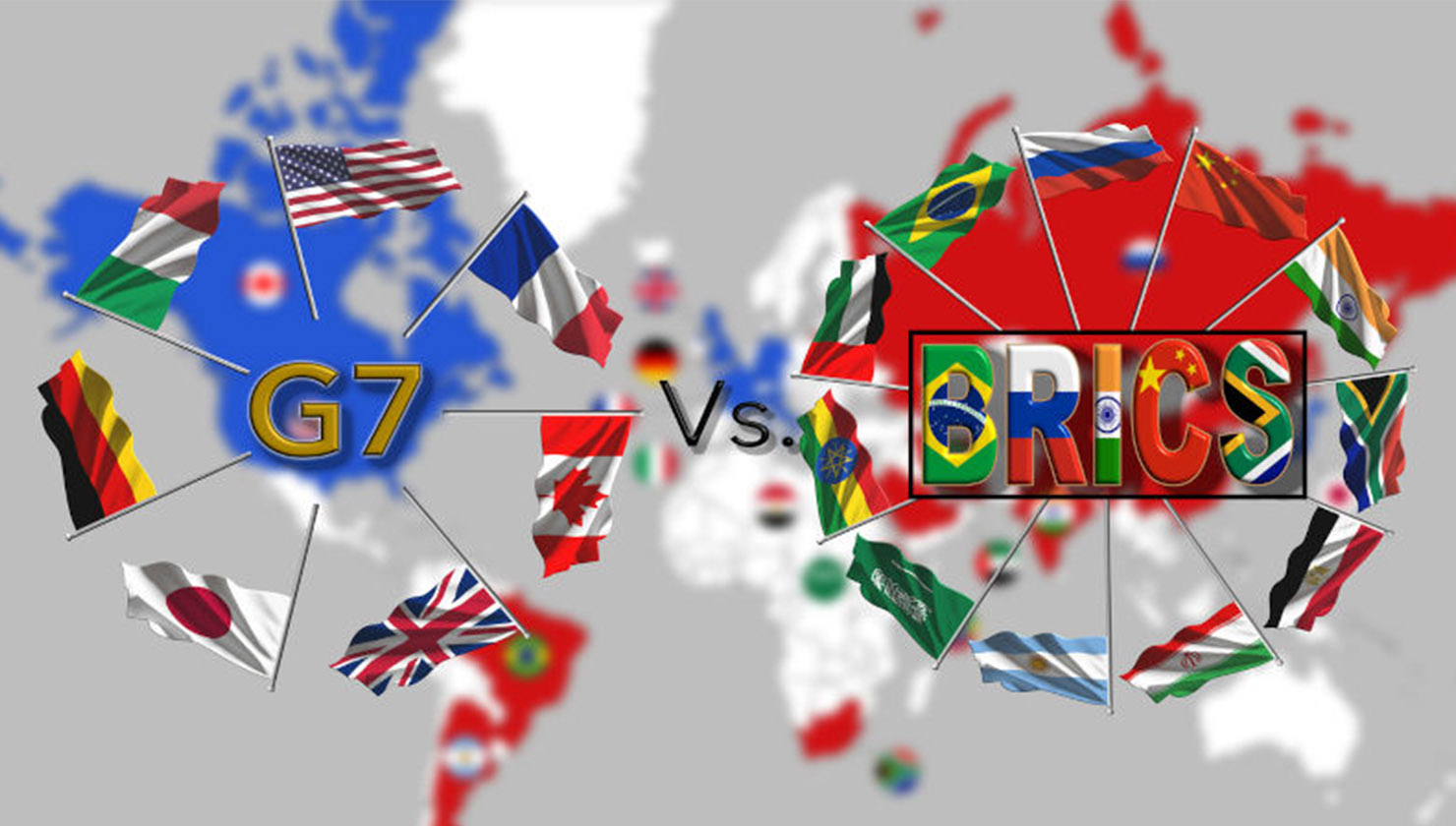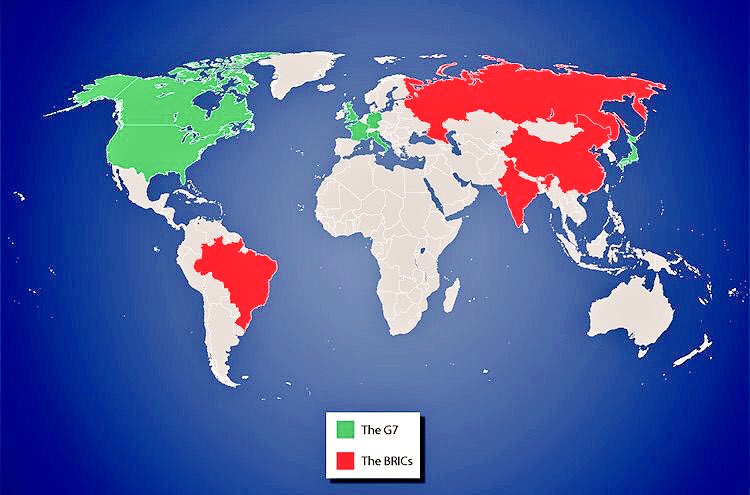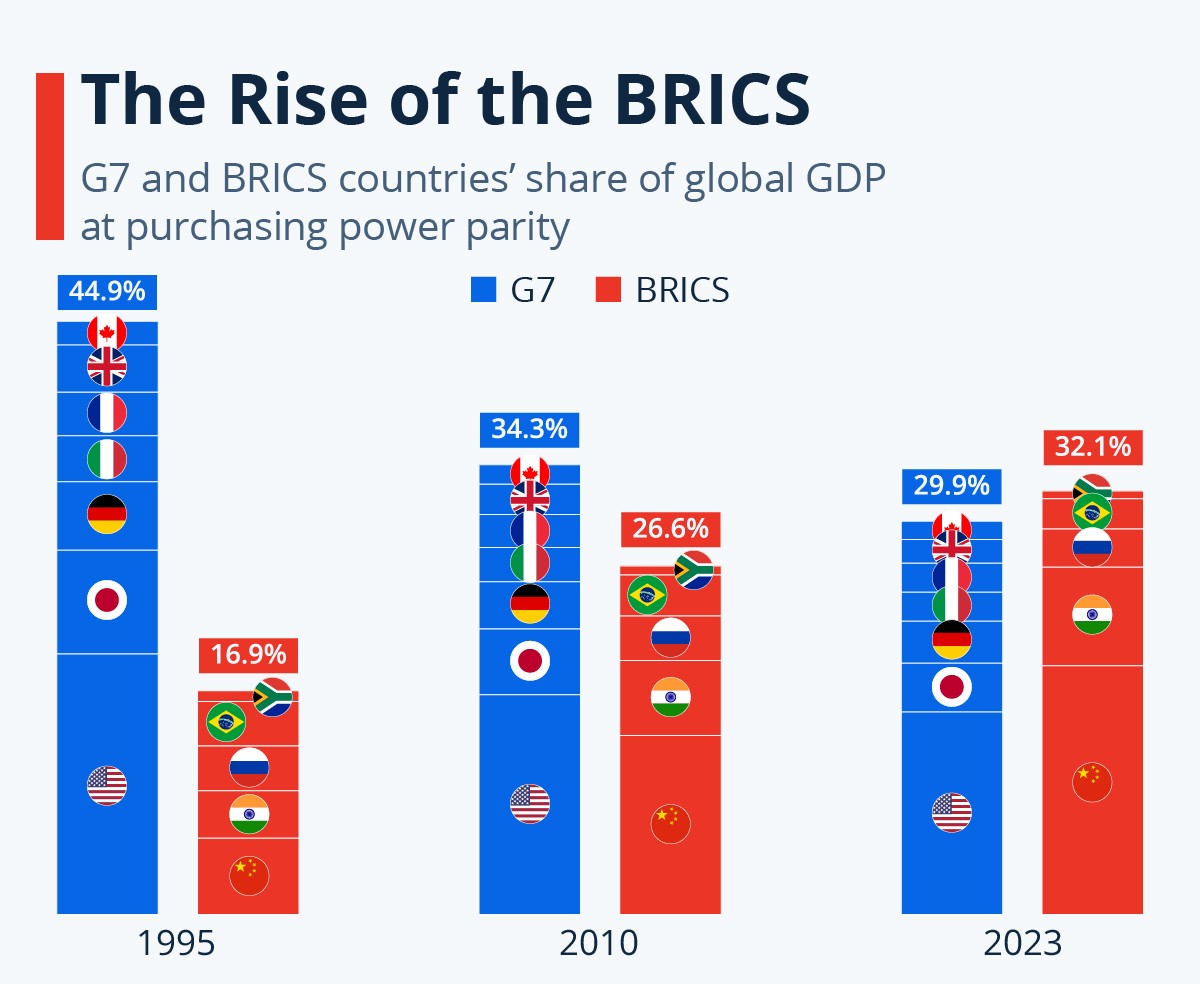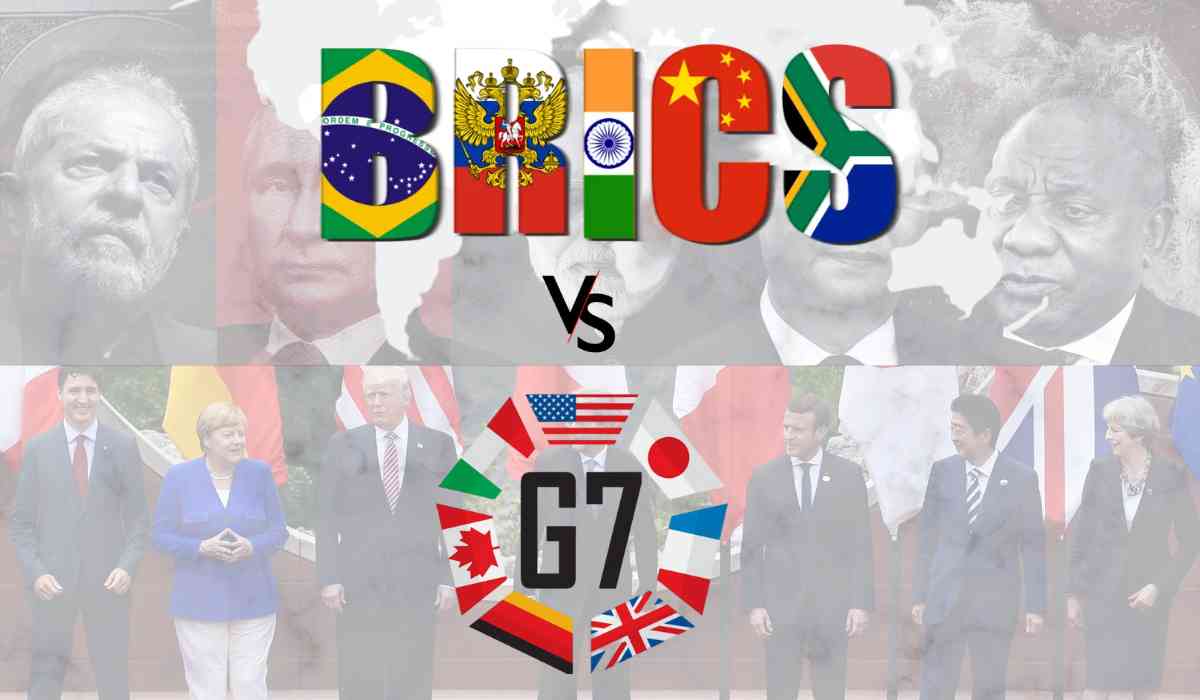
A New Global Landscape
Global power is on the move. Among its greatest transformations, it may be said that there will be a new configuration or a new global order within the world. This will essentially be at the very foundation of two of the international groups: BRICS-BRICS (Brazil, Russia, India, China, and South Africa) and G7-G7 (Canada, France, Germany, Italy, Japan, the UK, and the US). The difference between the said two alliances, where various visions for a future of a state of global governance and the growth of the world would be seen, increases interests in how this competition is going to shape up future international relations.
BRICS Rising: A Challenge to G7's Dominance
BRICS was established in 2009 with the aim of economic cooperation among emerging economies. The years since have seen BRICS gain importance as it focused on trade, development, and strategic partnerships in areas where G7 countries had always been the hegemony. This rising importance is seen as more and more nations express interest in joining the bloc, a clear indication of the rising importance of BRICS in redefining global governance.
The History of G7: Legacy of the Economic Powerhouse
G7, which has been for a very long time an economic as well as political superpower, consists of the industrialized and richest nations in the world. This group, on many occasions, has tended to dominate the global agenda on issues related to climate change, economic growth, and security. However, with the emergence of BRICS, it appears G7 will no longer go unchallenged. This will eventually bring in question the new balance of power.

Economic Power: The Heart of Global Competition
Economics is the prime reason for this global competition. Though the G7 countries are still strong in the economic aspect, BRICS countries are growing rapidly, especially China and India. This resulted in the power shift globally as BRICS is aiming to establish a multipolar world where no country holds its sway but is under the influence of traditional Western powers.
Political Power: Different Visions for Tomorrow
Politically, BRICS and G7 have different visions for international governance. The G7 countries often advocate for liberal democracy and free markets, while BRICS often calls for a more representative global order that gives emerging economies a greater voice. The difference in ideology has resulted in divergent approaches on major international issues-from climate policy to trade agreements.
Strategic Shifts: A New World Order?
As BRICS expands and G7 stays, the world still wonders: will it be a multipolar world with multiple powers at the wheel, or the current G7 influence will prevail?
Many believe that in the future, the two groups could work together in governance but tensions could also run high.

Image Source - Satista
The Future of Global Power
The rivalry of BRICS vs G7 represents a change in the power geometry that is going to continue characterizing international relations into the future. Both groups significantly shape the international economy, so their power struggle is an overt reflection of shifting global governance. The future challenge facing the world would be one of navigating these changes amidst stability and inter-border co-operation.
With inputs from agencies
Image Source: Multiple agencies
© Copyright 2024. All Rights Reserved Powered by Vygr Media.
























